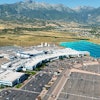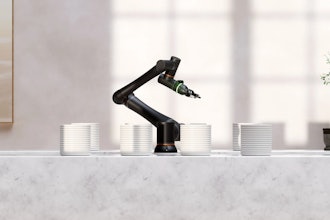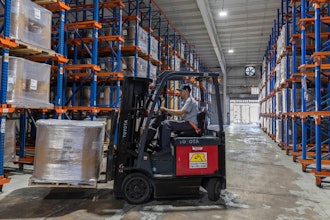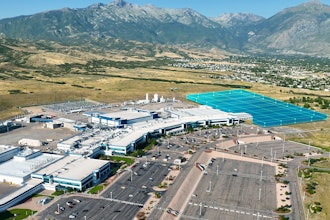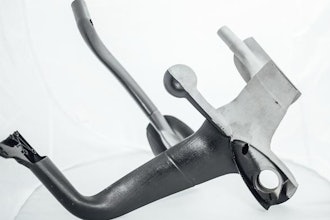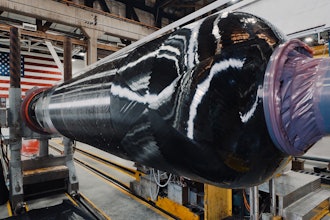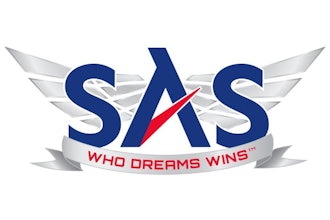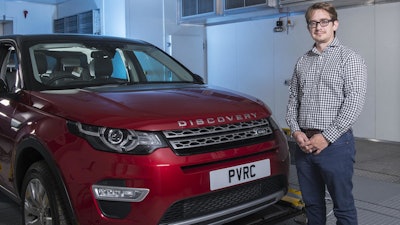
Innovate UK grants have been awarded to the University of Bath to lead two separate projects investigating different aspects of a vehicle's exhaust system in order to improve the efficiency and effectiveness of internal combustion engines.
The research will be conducted by the University's Powertrain & Vehicle Research Centre (PVRC) with both projects being led by Dr Colin Copeland in partnership with industry.
The first project, Additive Manufacturing for Cooled High-temperature Automotive Radial Machinery (CHARM), is in collaboration with HiETA Technologies.
Dr Copeland and co-investigator Dr Carl Sangan will assess the technical feasibility of producing high temperature radial turbines using the Selective Laser Melting (SLM) Additive Manufacturing (AM) technique with nickel super-alloys.
Currently, the durability of radial turbomachinery is limited when operating in high temperature environments, which restricts the efficiency of gas turbines and internal combustion engines.
This project will aim to demonstrate the ability of the SLM AM technique to incorporate cooling features into the turbomachinery to increase exhaust gas temperature limits, and thereby the fuel efficiency of future vehicles.
The second project, Advanced Inverted Brayton Cycle exhaust heat recovery with Steam Generation, will work with HiETA Technologies and AXES Designs, and focus specifically on internal combustion engines equipped with an Inverted Brayton Bottoming Cycle.
This research builds on an existing Innovate UK-funded project investigating how best to recover exhaust heat using an Inverted Brayton Bottoming Cycle.
Currently, a significant amount of energy in vehicles is lost in the form of heat through the exhaust gases expelled into the atmosphere. This project aims to prove the feasibility of using a technique to separate water vapor from the exhaust stream to generate a high energy steam cycle, which can then be used to help reduce the engine's fuel consumption.
Commenting on the projects, Project lead and Lecturer in the Department of Mechanical Engineering, Dr Copeland said: "These two research projects are at the cutting edge of research in turbomachinery. Additive manufacturing is revolutionizing how we control and utilize heat in modern vehicles. These projects investigate two new ways to utilize waste thermal energy to improve the fuel economy in future vehicles."
In November 2015, the University of Bath was formally recognized as one of the UK's leading automotive propulsion groups, having been selected as a Spoke of the Advanced Propulsion Centre (APC).
The PVRC, which will form the core of the University's work as a Spoke, is one of the leading UK university groups in its field, spanning four decades of achievement and extensive engagement with the automotive industry.
Conducting internationally prize-winning research, focusing on improving the efficiency and emissions of both diesel and petrol engines, the PVRC has a wide range of industrial collaborators and funding bodies including Jaguar Landrover, Ford, EPSRC, First, AshWoods and Lotus, to name just a few.



